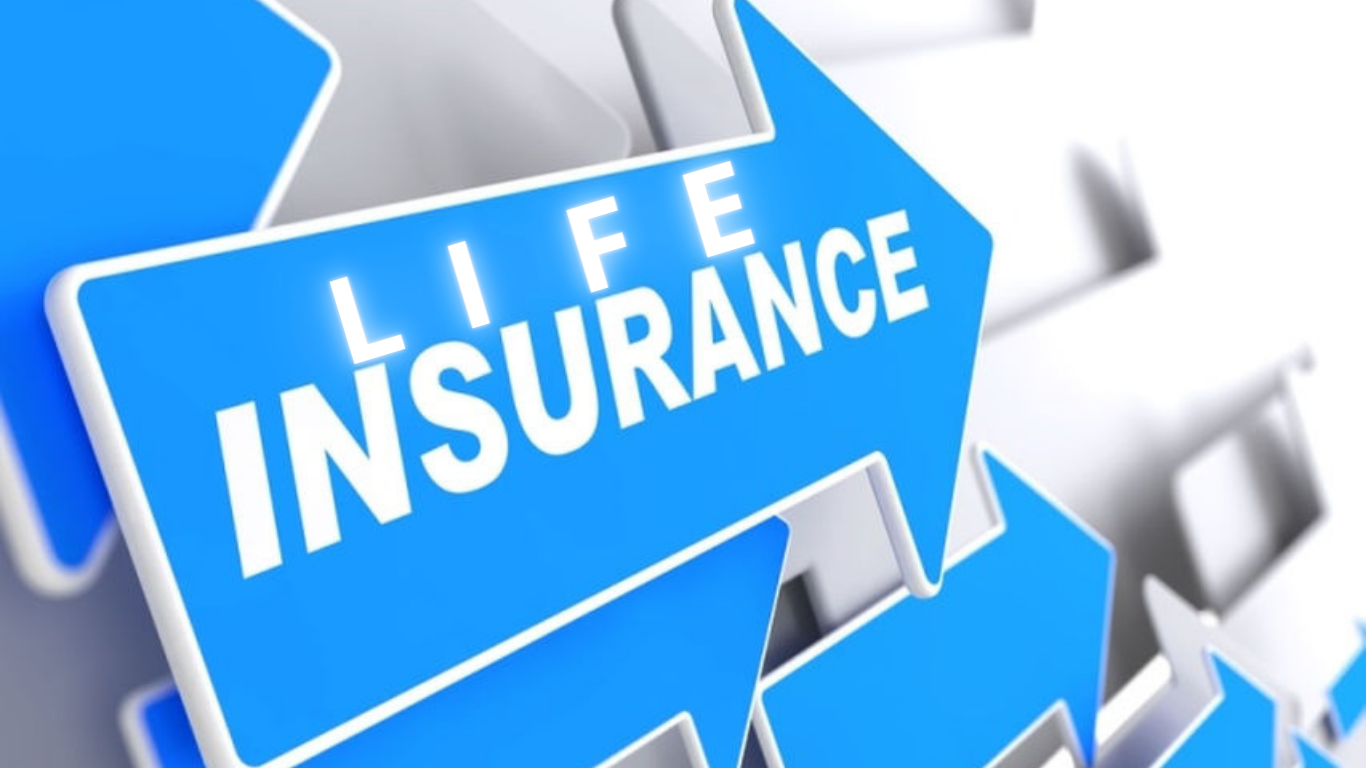Life insurance can be a significant component of an overall financial plan, even though it may feel like something that can be put off. This is because it ensures people who rely on you for their financial well-being won’t have to deal with unexpected expenses or a loss of income. This article will discuss the fundamentals of life insurance as well as the types, uses, and considerations for policy choice.
What Is Life Insurance?
A life insurance contract is made between a person and an insurance provider. In return for the continued payment of premiums, the insurer promises to pay out a sum, referred to as the death benefit, to named beneficiaries following the policyholder’s death. This financial help can bring much comfort during such difficult times by paying for funeral costs, outstanding bills, daily living expenses, and other financial responsibilities.
Why Is Life Insurance Important?
Financial Safety for Your Loved Ones
- The aim of life insurance is to protect your dependents in case something happens to you.
- Whether a spouse, kids, elderly parents, or other members of the family, a life insurance cover ensures that these people will remain financially secure and stable in the event of death.
- Repayment of Debts Life insurance covers your liabilities following death, relieving your family of financial burdens when you pass on.
- Income Replacement Life insurance will replace income in case of a loss especially if you are the breadwinner in the family. The loss can help maintain your family’s living standard while finding a new lifestyle after the lost income.
Types of Life Insurance
There are different types of life insurance policies. These aim at meeting the various needs and financial conditions of individuals. The two broad types of life insurance are term life insurance and permanent life insurance.
Term Life Insurance
Term life insurance pays for the specified period, which can be 10, 20, or 30 years. In case of death before the expiry period, your death benefit is paid to your loved ones. Because term insurance is generally cheaper than permanent insurance, it’s a good choice for people who need coverage for a specific period of time, such as until the children are grown or the mortgage is paid off.
Long-term life insurance
As long as premiums are paid, permanent life insurance covers a person for the remainder of their lifetime. It also has a cash value component; that is, a portion of your premium builds up as savings that one day may grow in value. Permanent life insurance comes in many forms:
- Whole Life Insurance It provides a guaranteed death benefit with a level premium. There is a predetermined rate of cash value growth.
- Universal Life Insurance This type of insurance allows you to change both the death benefit and the premiums, which is more flexible compared to whole life insurance. The increase in cash value depends on current interest rates.
- Variable Life Insurance With this kind of insurance, you can buy stocks or bonds and other investments using the amount that is paid out. This could fluctuate depending on the performance of the investments.
How to Choose the Right Life Insurance
The best life insurance plan for you will depend on your particular needs and financial objectives. Before choosing, you should think about the following factors:
The type of insurance, the degree of coverage, age, and health can all significantly affect a single’s affordable rates. Because permanent insurance covers someone for a lifetime and also holds a cash value, permanent life insurance may be more expensive than term life insurance.
Your Needs for Coverage Consider the amount of money your beneficiaries will need. As a general rule, you should have coverage that is 10–15 times your annual pay, though this can vary based on your particular situation, debt, future obligations (such as college tuition), and your family’s lifestyle.
Conclusion
Life insurance is one of the most important tools that can protect your family’s financial security. Many people tend to procrastinate when it comes to obtaining life insurance, but the fact is that life is unpredictable. Your family will be financially taken care of while you are away if you have the right insurance.
It is also important to know your specific situation, financial goals, and the kind of coverage that your family will need before settling on term life insurance because it is expensive, and permanent life insurance because it’s long-term benefit and cash value accrual. With the guidance of a financial advisor or an insurance agent, you can choose wisely according to your needs and enjoy stability and peace of mind in the long run.

